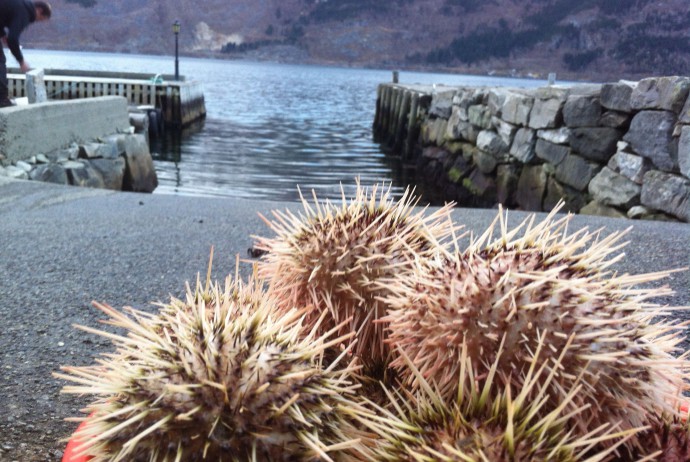The Marine Biology Lab is organising a seminar next month…
Prof. Michael Russell, Villanova University, will be giving a seminar on the 8th of March ( 2PM).
The title of the seminar is:
Are sea urchins boring?
(Yes! And it is a fascinating story)
The ‘interesting’ association between ‘boring’ sea urchins and their rocky substrates
The seminar will take place at the Université Libre de Bruxelles (ULB), Solbosch campus, room UC2.236 (building U, door C 2nd floor).
Looking forward to meeting you there!





